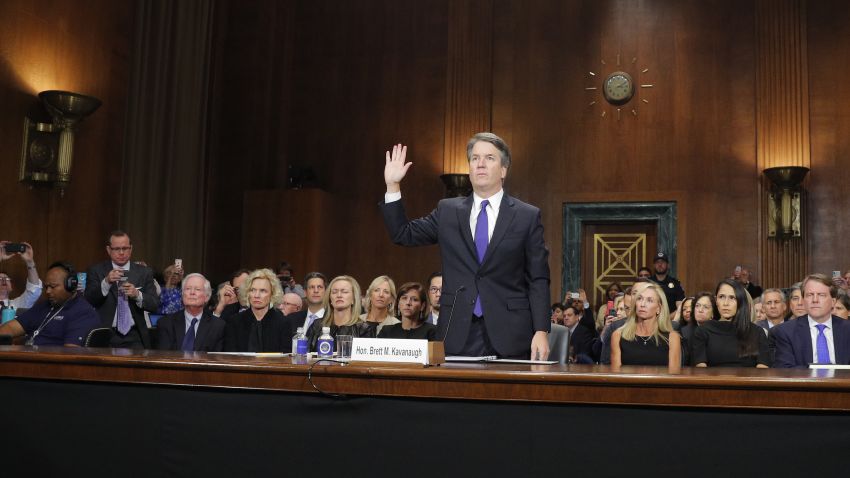And I head back to my sports analogy, and drafting players on more than just a couple statistics. Heck, I remember a classmate who got National Honor Society without taking a single accelerated or AP level class. Their GPA was great, but there was a lack of commitment. Hanging a hat on GPA and SAT/ACT scores negates the other aspects of a potential student that also matter.
I do not know of anybody who thinks the courses taken, and esp. AP and IB classes, should not matter when making admission decisions. The very different classes people in high school (and college, for grad/professional school admissions) is precisely why just looking at GPA as a single number is not sufficient. It is also why the program like they have in Texas where the nominally selective state universities like UT Austin will automatically admit the top x% of each graduating class, ignoring the vast difference in grading between schools. Also, in one school hardly anyone might be taking AP classes and in another one a large fraction of the students might.
This smells a bit like a 'we are all sinners' fallacy. To suggest that generational wealth theft and blatant to violent discrimination was somehow a "wrong" and providing a path to a small number of potentially successful college students a bit more weight outside the bare metrics as "wrong" and being "two wrongs don't make a right" is a bald equivalence fallacy.
I do not see how that justifies discrimination by race in any case. Second, "a bit more weight" is an understatement. Schools like Harvard give a lot of weight to race. So much, in fact, that they end up with a
"hyperparity" for black students.
Now, I would not be opposed to giving "a bit more weight" not based on race (which primarily aids offspring of well-off blacks) but by socioeconomic status. But that would help Sue Sue Heck over Theo Huxtable, so that is not ideologically palatable.
I listened to a discussion on NPR about the possible (likely? foregone?) end of racial preferences and the guests ended up agreeing that they were fine with using socioeconomic status as long as it provides a similar level of boost for black applicants as present policies. I.e. they are only interested in using socioeconomic criteria as a proxy for race, and not for its own sake.
How the heck not? My Grandfather benefitted from the GI bill... which made a huge difference for his family (and father). Which then I become a benefactor of. The generational wealth is quite possibly one of the least appreciated wrongs done to blacks in America.
First of all, you cannot assume that the gap in generational wealth is just because of past discrimination. How different people handle money has a lot to do with building generational wealth.
It seems for example that blacks spend more on conspicuous consumption compered with whites. That hinders building of generational wealth.
NBER Working Paper Series: Conspicuous Consumption and Race
I see that myself. A lot of blacks around here driving around in Mercs, Beamers, Caddies, even an occasional Lambo. You'd think the wealth gap was the other way just looking at all the rides on Atlanta's roads!
We aren't talking about AA making up for people getting dogs lashed at them. We are talking about Plessy v Ferguson, wealth restrictions, home owner restrictions holding several generations of blacks back, keeping them from being able to build legacies for their following generations to build off of. AA doesn't come close to fixing that, but we have to start somewhere... or just tell blacks, it'll work out in another 3 or 4 generations.
How long do you want to punish unrelated white and Asian students for Plessy v. Ferguson? The notorious SDoC thought for ~25 years since Grutter (2003). 19 years is close enough. I think leftists nowadays (including justices like Red Sonia Sotomayor) want to make it permanent.
We knew this was an issue in the
late 1960s. And nothing was done, so instead of building off the progress of change back then, things were made worse... seemingly quite intentionally so.
We have had racial preferences since the late 1960s or at least early 70s (UC Davis policy behind the 1978 Bakke decision is from 1971 but it is unlikely to be the first such policy at a US university). So it's a demonstrably false statement that "nothing was done". A lot has been done, but a lot of it, including racial preferences, has been the wrong thing. Time to end this failed policy. As they say, first thing to do when in a hole is to stop digging.

